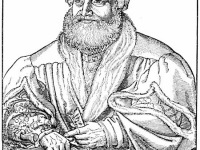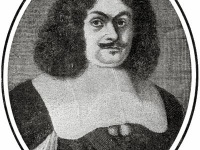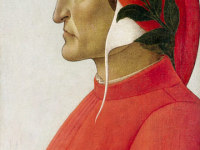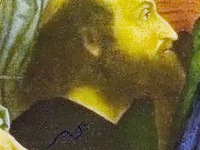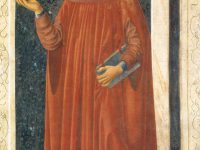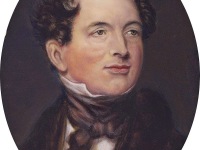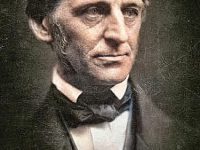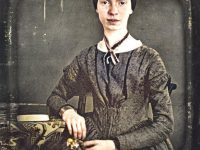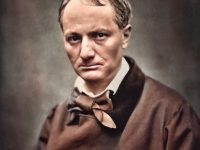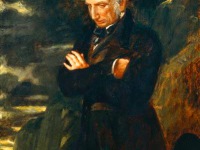The Meistersinger of Nuremberg – Hans Sachs
On November 5, 1494, German Meistersinger (master singer), poet, playwright, and shoemaker Hans Sachs was born. His work is considered the most important testimony of the bourgeois imperial town culture of the 16th century. What is a Meistersinger? What makes Hans Sachs so special – although you might have never heart of him – is his profession as being a ‘Meistersinger’. Actually, he is also the only ‘Meistersinger’ whose fame lasted over the…
Read more

